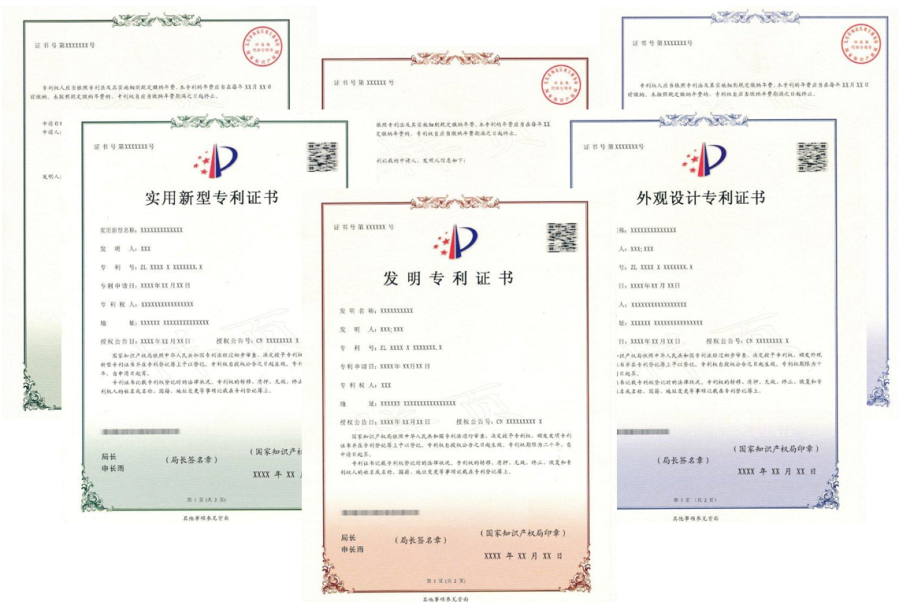Data and intellectual property are closely linked in various ways. For example, data resulting from creative processes can be protected as intellectual property (data IP). On the other hand, for example, the term of protection of a patent, the number of the subclass of a trademark or the place of jurisdiction of an infringement suit are IP data. In principle, IP and data are protected, but protection should not slow down or prevent innovation.
China is working on pilot projects to find a balance between data security in the public and private interest and the effective use of data for digital transformation and economic development. The projects are based on four basic principles that must be observed: data security, the characteristics of data, respect for the work of data processors and the use of data to promote digital and economic development.
The rules for the protection of intellectual property rights to data are to be tested in practice and further developed. Each of the pilot regions involved must develop an implementation plan that clearly defines work objectives, tasks, timetable and protection measures. They must also establish a working mechanism at provincial level. The Intellectual Property Office (CNIPA) is responsible for the design, coordination and monitoring of the projects. The aim is to deepen existing initiatives and create new groups and synergies in order to improve protection measures and promote the use of intellectual property in data.
The State Intellectual Property Office will play a leading role in guiding, supervising and coordinating these projects. It is expected that the pilot sites will not only deepen the existing initiatives, but also form new groups and synergies to improve the protection measures and promote the application of intellectual property in data. The projects will also serve to test and further develop the rules for the protection of intellectual property in data in practice.
Image>CNIPA

